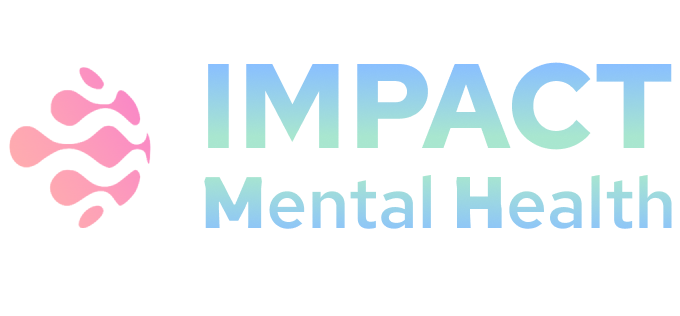Project Leaders
Project Number
1U01MH136025-01
Awardee Organization
UNIVERSITY OF MICHIGAN AT ANN ARBOR
Program Official
ALEXANDER M. TALKOVSKY
Project Description
Mental health conditions are among the greatest contributors to disability and reduced quality of life. Efforts to address the high burden of these conditions have been hindered by the woefully inadequate clinician workforce, resulting in delayed or insufficient care. Further, with data to meaningfully guide treatment decisions lacking, many patients experience multiple failed treatment trials. To overcome these challenges, we need scalable, innovative solutions that both increase access and tailor care to the unique needs of each patient at a specific point in time. The overarching goal of the Comprehensive Mobile Precision Approach for Scalable Solutions (COMPASS) project is to predict differential response to digital interventions and clinic-based treatments as patients transition through episodes of care. Measures will include passive behavioral tracking, genomics, surveys, electronic health records and other administrative data. We will complete the following specific aims:
Aim 1 – To develop predictive models for personalized use of digital intervention treatment among patients while on the waitlist for traditional care;
Aim 2– To develop predictive models for personalized clinic-based mental health treatment; and
Aim 3 – To assess patient and clinician preferences for, and perceptions of, the use of predictive modeling and behavioral tracking in mental health care. By leveraging innovative technology and integrating complementary data types to predict transdiagnostic, dimensional mental health outcomes, the COMPASS project has the potential to advance precision psychiatry and improve outcomes for diverse patient populations.
Public Health Relevance Statement
Efforts to address the high burden of mental health conditions have been hindered by the lack of data to match patients to treatments, resulting in delayed or insufficient care and a growing public health burden. The proposed research study will establish baseline factors and track behavior and clinical markers among individuals as they enter and progress through mental health treatment. Ultimately, this study seeks to develop scalable treatment decision tools that can be readily adopted and hasten recovery for the millions of Americans suffering from mental health conditions.



